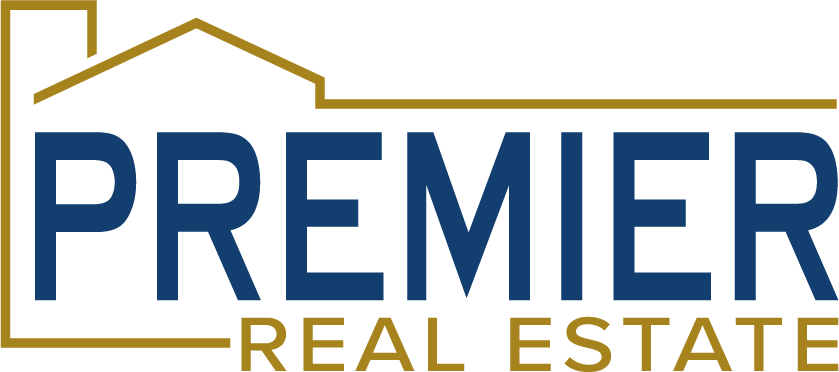Buying or selling a home can be an exciting yet stressful experience, often influenced by various financial, emotional, and time-sensitive factors. Understanding how to manage stress during this period is crucial to ensure a smooth and successful transaction. This article offers practical strategies for both buyers and sellers to alleviate stress and make informed decisions.
Strategies for Buyers
- Create a Financial Plan: Establish a clear budget and secure mortgage pre-approval to manage financial expectations. Knowing your spending limits helps alleviate anxiety over costs.
- Stay Informed: Educate yourself about the buying process, local market trends, and potential properties. Knowledge enhances confidence and reduces uncertainty.
- Set Realistic Expectations: Be prepared to compromise and adapt your wishlist based on the market and available inventory. Flexibility can ease disappointment and frustration.
- Communicate with Your Realtor: Stay connected with your real estate agent, ensuring open communication and transparency. A knowledgeable agent can guide you through challenges and alleviate concerns.
Strategies for Sellers
- Prepare Your Home: Address repairs, declutter, and stage your property to present it in the best light. Proper preparation can reduce last-minute stressors.
- Set a Competitive Price: Collaborate with your agent to set a realistic and competitive listing price. Overpricing can lead to prolonged listing times and unnecessary stress.
- Maintain Perspective: Focus on the bigger picture and long-term goals. Avoid letting minor hiccups derail your plans.
- Stay Flexible with Timelines: Be open to negotiations regarding closing dates to accommodate potential buyers’ needs, keeping the process on track.

Analysis
The chart highlights various stress-inducing factors in real estate transactions and their approximate stress levels, indicating potential areas of concern:
- Financial Uncertainty and Market Conditions have the highest stress levels, reflecting the apprehension surrounding economic aspects and market volatility.
- Decision Making and Property Preparation also contribute significantly to stress, underscoring the importance of informed choices and readiness.
- Other factors like Time Constraints and Communication Issues play moderate roles in adding to the overall stress.
Understanding these elements can help buyers and sellers anticipate and manage stress more effectively. By applying the practical strategies discussed, individuals can navigate real estate transactions with greater ease and confidence, focusing on achieving their desired outcomes while minimizing stress.



